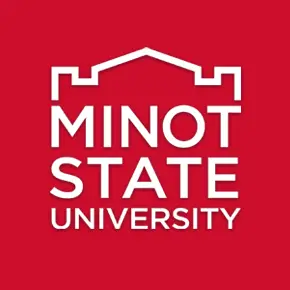The Bachelor of Science in Education (BSEd) in Special Education is a hands-on, practice-based program focused on clinical practice and apprenticeship, designed to prepare you to work with children and youth with disabilities in grades PreK–12. For those already working as special education paraprofessionals, our paraprofessional-to-teacher (PTP) track allows you to complete your degree while continuing in your role. If you're not currently employed as a paraprofessional, you’ll complete the program on campus through a blend of traditional and online courses, enriched with clinical practicum opportunities.
Program Type: Major, Minor, Concentration
Offered: On Campus, Online Paraprofessional to Teacher Pathway (PTP)
Credit Hours: 120
Est. Time to Complete: 4 Years
Department: Department of Education and Inclusive Services
96%
Job/Graduate School Placement Rate
1:1
tutoring, academic advising and career coaching
Program Highlights
Learn While You Earn
Candidates will continue working in their paraprofessional position while completing the program.
Cohort Model and Supports
Candidates will move through the program as a group, providing consistency and peer support. Regular coaching sessions from faculty ensure candidates are on track for success.
K-12 Partnerships
Candidates will receive on the job mentoring and modeling from their administrators and special education teachers.
Careers & Outcomes
64K
Median annual salary for high school teachers
→ U.S. Bureau of Labor Statistics
Top Careers
- Teaching Assistant
- Special Education Teachers
- Interpreters and Translators
Questions? We're Here to Help

Office of Enrollment Services
701-858-3350
1-800-777-0750 ext 3350
askmsu@minotstateu.edu

Dr. Wenjing Zheng
Assistant Professor
701-858-4248
wenjing.zheng@minotstateu.edu
Additional Program Information
Teacher education programs at Minot State University are accredited by the Council for Accreditation of Education Preparation (CAEP). Minot State University is accredited by the Higher Learning Commission, a regional accreditation agency recognized by the U.S. Department of Education.







